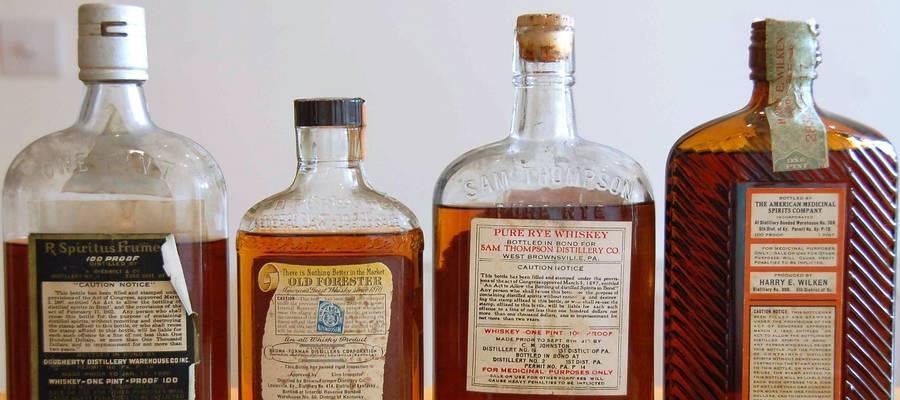Philadelphia, PA - In the case of whiskey (all whiskey, not just Scotch) after it is bottled it does not age. When whiskey is put into barrels to mature, there's a reason why charred oak barrels are used and not 55 gallon plastic kegs or metal oil barrels, which would certainly be a lot cheaper. The reason charred oak is used, is that it help aid in the color and most of the flavor to the final whiskey before bottling.
Whiskey 101: Does Whiskey Age After It's Bottled
Unlike wine, whisky does not mature in the bottle. So even if you keep a 12 year old bottle for 100 years, it will always remain a 12 year old whisky. As long as the bottle is kept out of direct sunlight, the Scotch Whisky will neither improve nor deteriorate, even if it is opened.
When whiskey goes in to the barrel it is as colorless as water, and has a taste similar to vodka. And the barrels themselves are usally not stored in climate controlled wharehouses, but most are stored in buildings called rickhouses that are designed get very hot int he summer and very cold int he winter.
This causes the whiskey to expand and contract into the charred wood, helping to add whiskeys color and flavor. This is part of the reason so much bourbon comes from Kentucky; the water comes up through limestone, picking up a lot of mineral content.
limestone water is wonderful to have if you can use it, but it is not essential. The allegiance to limestone water isn’t just superstition where used. It tends to have a high pH, which promotes the fermentation process. The limestone adds minerals, like calcium. It filters out impurities, most importantly iron, which gives liquor a bad taste.
Kentucky’s limestone water was perfect for those early distillers who developed bourbon, and it explains why the industry is centered here.
As you can image though, once the whiskey is placed into the bottle, the maturation stops and it doesn't continue to improve.


